If you don’t have a strategy for the convenience, impulse or independent grocery store sectors, then you need to get one. Not in the new year. But now. The green light to allow Tesco to buy king of the independents, Booker, is set to open the floodgates to similar deals, making the c-store sector one of the most compelling and important to be on top of.
It might be a little early to be coming out with new year predictions, but if you happen to have any spare cash then here’s a red hot tip on what to invest it in. Convenience, convenience and convenience. Or to be more precise independent grocery retailers, symbol groups (Spar, Londis Costcutter), cash and carries and what is collectively grouped together as the c-store sector.
A sector of the drinks and grocery industry that is worth close to £40bn a year, is set to grow 11% over the next five years and includes around 40,000 individual retail businesses the majority of which have some sort of off-licence.
For far too long they have been widely dismissed or ignored as the corner shop world. Particularly by the bulk of the wine industry that immediately wants to put the word ‘merchant’ after any mention of independent.
Now I have to declare an interest here. For eight very inspiring years I was editor of Independent Retail News, arguably the bible of the independent grocery sector (other titles were available).
It was a real priviledge to be the campaigning voice for independent grocers. Standing up for them on a wide range of serious issues such as violent crime, the lost sales due to bootlegging of alcohol and tobacco and duty fraud, through to having a fair share of the National Lottery terminals and access to the extra income they bring.
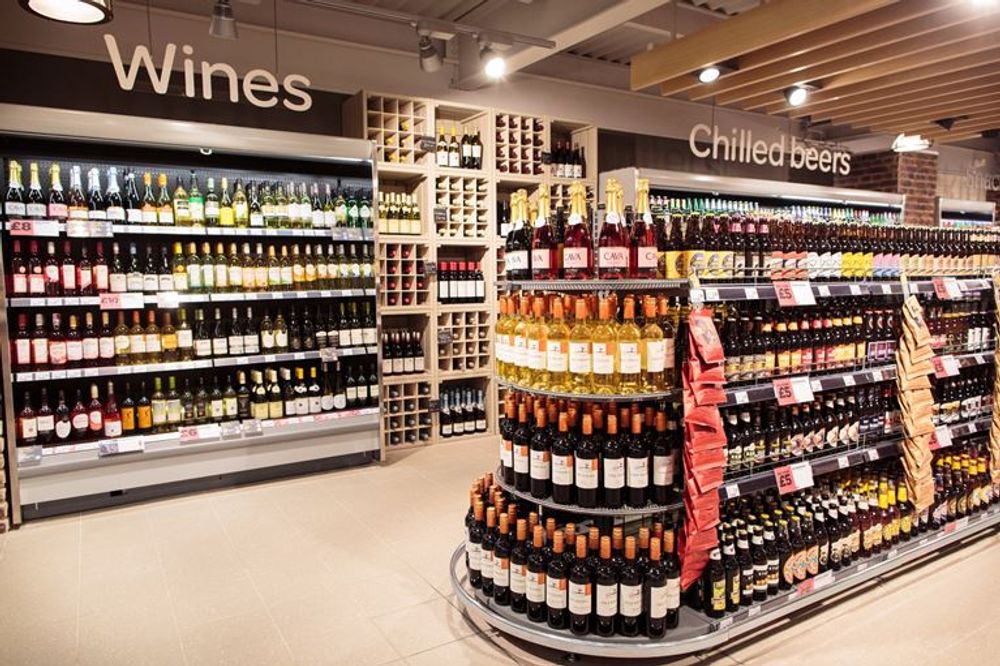
The drinks offer in chains such as Spar are already winning awards without the touch of the supermarkets
Natural born retailers
It was also fascinating working with what can only be described as natural born retailers. Individuals who would talk in to the early hours at a trade conference about the retail margin they were getting on a two finger Kit-Kat. They were also real champions of the local community. Providing the hub on which so many local organisations and services relied upon.
The skill and expertise of an average independent grocer, or c-store operator, is something that has long been admired and coveted by the major supermarket chains.
Whenever the independent retail winners were announced in the Retail Industry Awards, rest assured their shops would be full of execs the next day from the Big Four, clipboards in hand, making notes and picking up tips.
More often than not when they were looking for a site for a new Tesco Local or Sainsbury’s Express it would be just across the street from one of those winning retailers eager to pick up their customers.
Can’t beat them…buy them
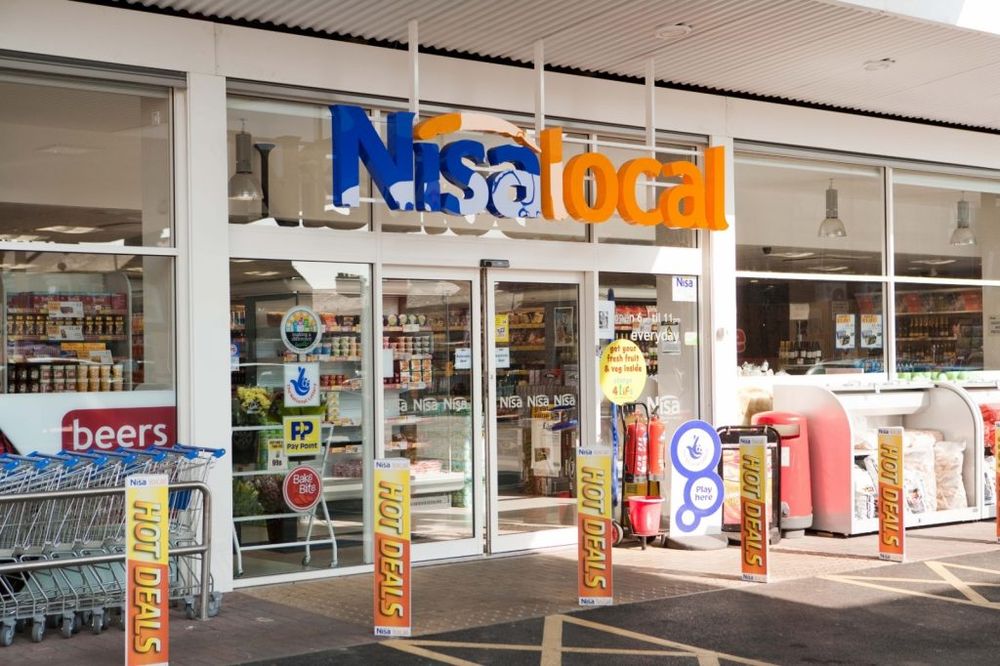
Nisa is set to be soon part of the C-op group
Now it seems they have decided that if they can’t beat then they might as well supply, and in some cases, own them.
It’s not just Tesco’s £3.7 bn move to buy Booker that should turn the heads of everyone supplying beers, wines and spirits, but the Co-op is said to be close to a similar deal with Nisa, which would give it instant control of a network of 3,200 stores.
The Tesco deal alone would give it indirect access to the 125,000 retail and on-trade businesses that use the Booker cash and carry network, but also direct access to the 5,200 independent shops in the Premier, Family Shopper, Londis, and Budgens convenience chains that are currently part of the Booker army. Which is why the decision by the competition commission to allow the deal to go ahead as got the rest of the convenience store sector in a lather, with many now looking for similar lucrative exit deals. There are said to be a number of other multiple/c-store deals being worked on behind the scenes.
The convenience sector is a close knit community in itself, dangerously so at times, and if there are profits and pay outs to be had as a result of a multiple take over then we can expect a raft of acquisitions to take place as the c-store sector falls over like a pack of cards.
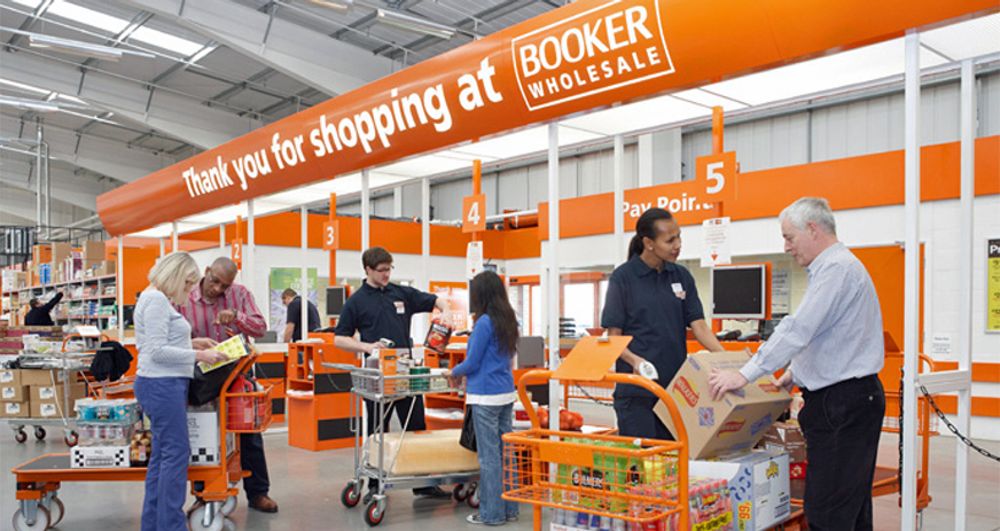
Tesco’s acquisition of Booker will send shockwaves throughout the grocery retail sector
Personally involved
Which is why you need to become a lot more personally involved in the convenience and independent grocery sector. You might currently not be able to stand up and do a five minute presentation on what sort of businesses Booker and Nisa are. But if you want to remain relevant as a drinks supplier, distributor or retailer in the UK then you need get yourself a copy of the latest convenience retailing report. Particulalry if you expect to do any business with the Big Four grocers.
The first thing to understand is why would Tesco want to bother itself trying to control and supply a network of undisciplied corner stores and mainstream on-trade and catering accounts.
Well it’s all about keeping that bottom line moving up. Shopping locally and frequently and online is already the future of traditional grocery retailing. Which is the opposite of how each of the Big Four currently operate. They know their eggs are in the wrong big trolleys and need to switch them to smaller baskets as soon as possible.
Yes, Tesco and co might have their own c-store chains, but they are only scratching the surface of what is available locally. For all the investment that Tesco has made in convenience stores its Express network is only 2,500 stores, way below what the Booker deal now suddenly gives them access to.
It also knows it wont be able to get the planning rights, or the necessary land to expand and build a much bigger network of its own convenience stores.
Suddenly having access to thousands of smaller retailers, each with their own loyal, local customer bases, through wholesalers and cash and carries that you also own, becomes a highly attractive proposition.
In bed with the enemy
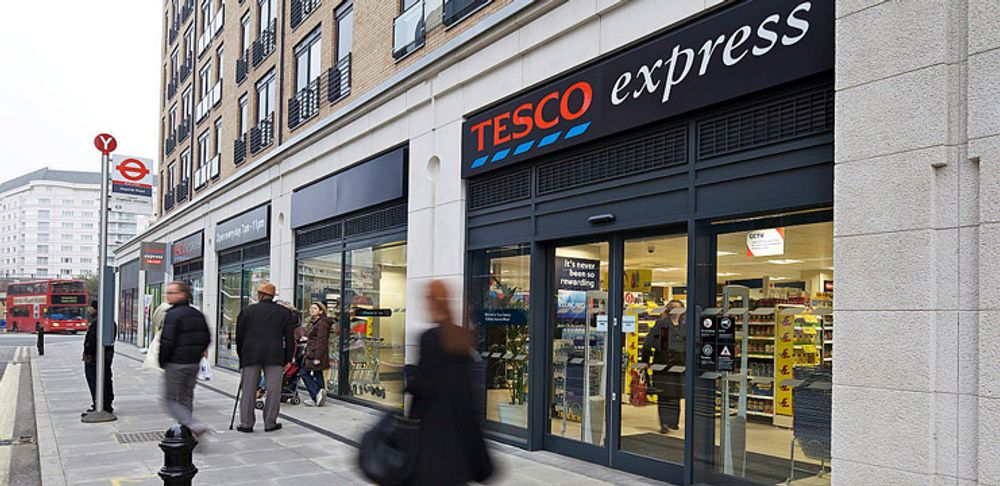
Tesco Express’s 2,500 stores is a much smaller chain than the combined strength of Booker’s symbol group fascias
For the symbol groups, cash and carries and national independent wholesalers getting in to bed with the supposed enemy also, sadly, makes increasing sense. The cost of doing business on the high street is becoming worryingly unviable when you factor in rising business rates, employment costs, utility rates and the loss of sales to cheaper online retail giants like Amazon. Even the threat of Brexit is pushing up prices, lowering margins and cutting many of these businesses of from their traditional workforce.
Ironically the much feared local Tesco, Sainsbury’s or Morrisons could actually now be some sort of saviour, admittedly still dressed up in a Darth Vader cloak and mask.
All of which could be a shot of Viagra for the drinks industry, and wine in particular. For too long the traditional wine trade has had a blind spot when it comes to supplying the independent grocery sector. Often dismissed as irrelevant for their premium wine ranges, if they are even considered at all.
Yet just look at the average price point of wine sold in an average c-store. They are all £2 to £3 more than they might be in a supermarket. But they all sell. In the same way we are willing to spend another £1 for a box of eggs or 50p for a pint of milk, or pack of butter. It’s because it’s convenient. It’s local – and I need it now.
Seeing the convenience light
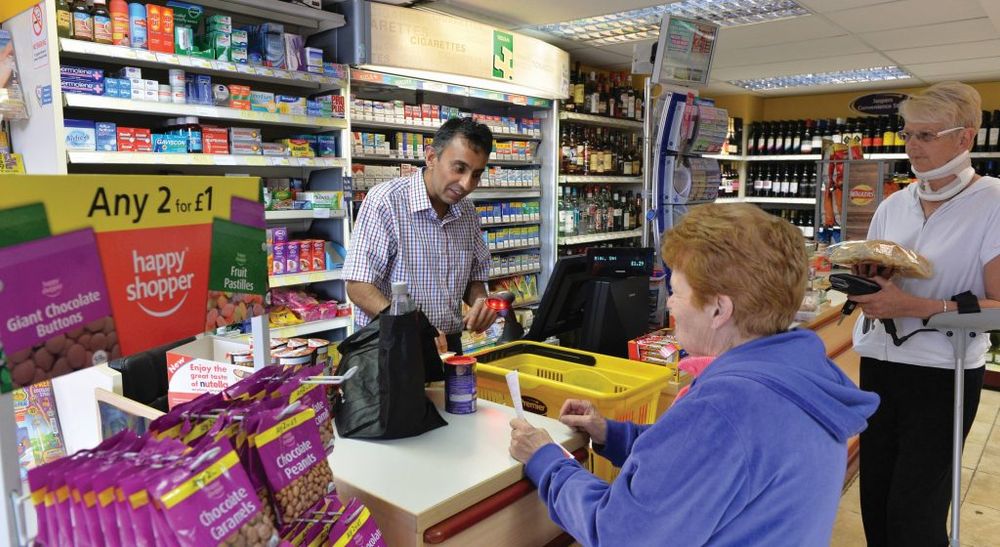
Local stores are the heart beat for the community
That said there are a growing number of wine companies, and suppliers that have seen the convenience light. Some of the big wine brand successes in recent years have been built on their distribution across independent grocers and symbol groups. iHeart wines, Campo Viejo, Echo Falls are brands whose success has been as much to do with Spar and Costcutter as it has the multiple grocers.
As and when the multiple grocery and c-store deals go through we can expect to see the big supermarkets have a huge influence on how the average symbol group retailer operates in the future. Particularly around which products they have available to order from, and what promotions and offers they can benefit from centrally controlled deals with major food and drink suppliers.
High traffic footfall areas and big margin areas such as alcohol are going to be high on the agenda. Ranges are going to be adapted, refined and tightened up. Tesco, Co-op and co are going to want to work with drinks and wine suppliers that know the convenience sector inside out and have a proven track record of success working in it.
That’s why it’ essential you start assessing the convenience and impulse skills in your business. How do you shape up? Would you expect a major retailers to want to work with you? If not then it’s time to get down the high street and spend some much needed time in every convenience and independent grocer’s store near you.









































